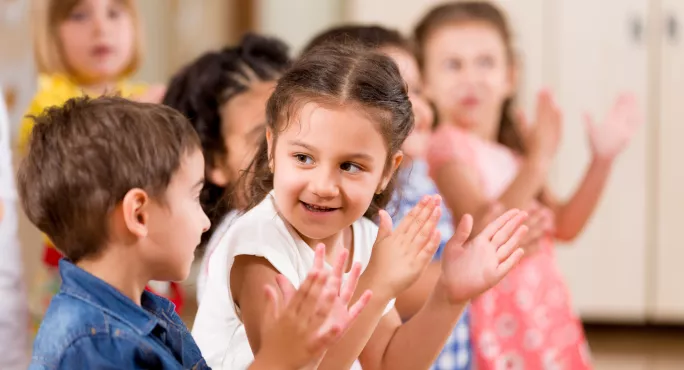How much does your average early years foundation stage (EYFS) teacher understand about psychology? Some will be incredibly well versed, but others will never have been given an opportunity to learn information that could make a real difference to how they teach.
So in this article, I will outline some of the things that it would be most beneficial for those working with our youngest children to know, and detail the questions this information should prompt.
Quick read: What are the KS1 Sats threshold scores?
Quick listen: does play-based learning work?
Want more articles like this? Join our Tes Teaching and Learning Facebook page
Neurons are the building blocks of the operation of the brain and central nervous system, and as we mature they make a complex set of interconnections with each other. Indeed, human beings come equipped with an innate and intensive neuronal connection programme that is most active in the early years of life and then again at adolescence.
This has been termed a “nature via nurture” process; the initiation is innate, but the content is constructed through interaction with the environment.
Early years psychology
A simple example is that human beings have evolved to use language, but they will not be able to do this to full capacity unless they hear and interact with other people in early childhood.
In the first years of life, neuronal connections bloom exponentially. Over the following years, many of these are pruned back, while others are strengthened, a process that has been termed “blooming and pruning”. Essentially, as children develop, they are prioritising what is useful and what is not.
An analogy can be made between rapidly laying down an initial network of basic roads that all are designed for the same amount of traffic, followed by an adjustment programme based on the amount and flow of traffic that ensues. Some of the roads become four-lane motorways, some become broad, well-maintained B roads and others atrophy to mud tracks.
Active growth period
The developmental period up to approximately the seventh year of life is dedicated to this process of learning to learn.
Why is this important for early years teachers to know? Because it can mean a better understanding of the pedagogy that will be most effective for this age group. Young children learn best in situations in which they can freely operate on the concrete world in a language-rich environment, connecting the sound symbols that are used in language to their reality.
What is said and what is meant can be surprisingly elusive to a human linguistic apprentice. Consider, for example, what a young child might make of this comedy sketch, compared with the effortless manner in which, as a mature adult, you are able to immediately share the joke.
As Humpty Dumpty says to Alice in the looking-glass world: ‘When I use a word, it means just what I choose it to mean - neither more nor less’. And human beings have evolved to spend the early years of their lives learning about how and when their culture uses particular words, and how to negotiate the associated landmines of meaning.
Questions for EYFS
The understanding of this fundamental aspect of human development logically leads to the following five questions for early years practice:
- Do overly formal teaching and learning situations for children under 7 unintentionally obstruct learning, particularly if these lead them to set up an association of “school” with “overwhelmed” and “stressful”?
- Is putting children in a single academic year age cohort of 4- to 5-year-olds premature? Particularly when it is considered that 60-month-old children have 20 per cent more maturation and life experience than 48-month-old children (the same as the difference between an 8-year-old and a 10-year-old)?
- Is purely language-based questioning likely to effectively define what a child under 7 knows and can do?
- Does training for the phonics screening check strengthen construction of vision to sound neuronal pathways while pathways dealing with meaning-making take a back seat?
- For baseline testing on entry to school, will what the child appears to ‘know’ depend heavily on how the question is linguistically or conceptually framed? And will this stack the odds unfairly against summer birthday children, those who come from families that are not immersed in white, English middle-class culture and those whose principal language is not English?
Dr Pam Jarvis is a reader in childhood, youth and education at Leeds Trinity University





